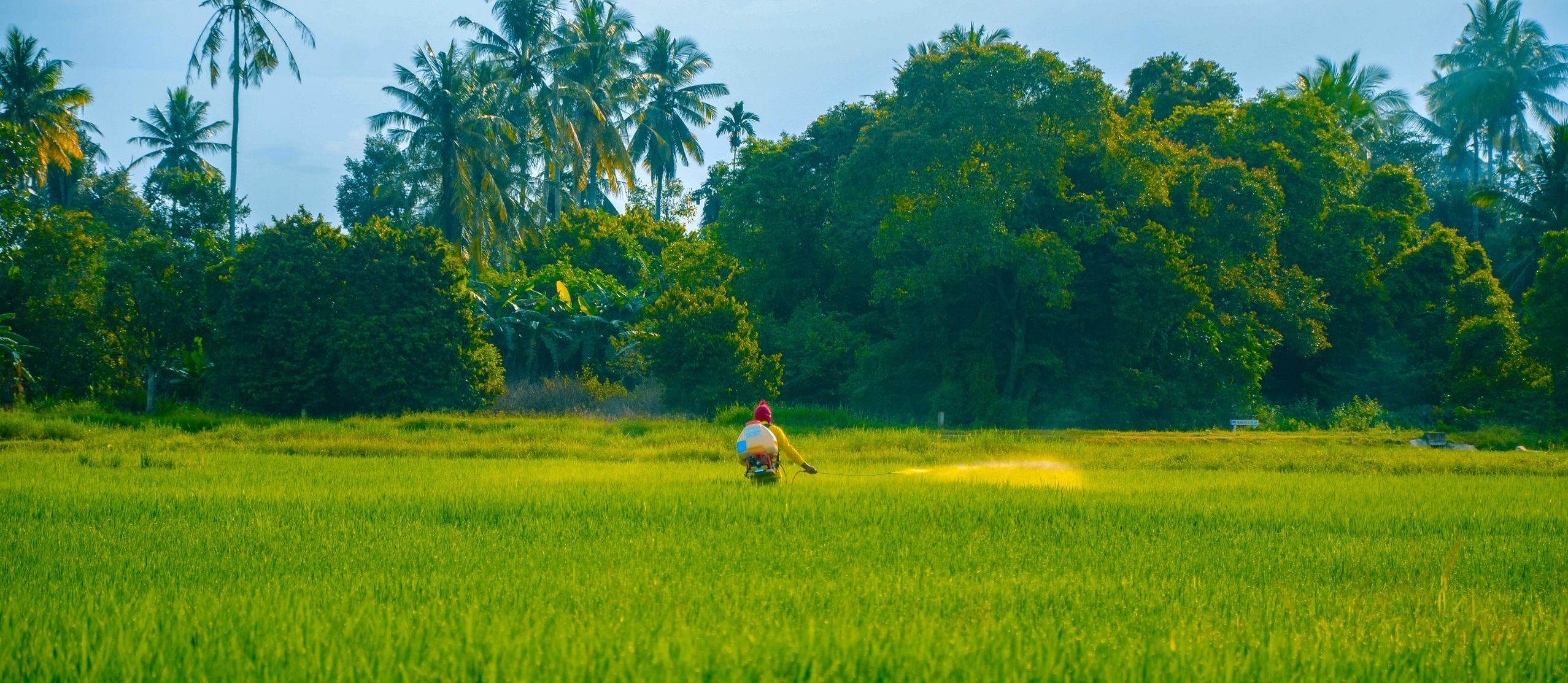Revitalizing the Earth’s Soil: An Insightful Journey through “The Great Regeneration” by Dorn Cox
Introduction:
In the compelling work “The Great Regeneration,” environmental researcher and agricultural innovator Dorn Cox delivers a thought-provoking exploration of the critical intersection between agriculture and climate change. Cox elucidates how our planet’s health hinges on soil regeneration and open-source technology, providing hope and practical solutions for the challenges we face.
A Deeper Connection to Agriculture:
As the son of organic farming pioneers, Cox’s unique perspective is deeply rooted in his upbringing and background. His book takes readers on an enthralling journey through the history of agriculture, touching upon the disruptive influence of industrialization on farming practices, and how the conventional agri-business model has exploited and degraded soils and biodiversity.
Yet, “The Great Regeneration” is not a tale of despair. Rather, it is a beacon of optimism, illuminating the potential for restorative and regenerative agriculture to heal our soils and reduce our carbon footprint. Cox’s faith in humankind’s potential to reverse damaging agricultural trends is infectious, making this work both a call to arms and a guidebook for change.
Embracing the Open-Source Revolution:
One of the unique aspects of “The Great Regeneration” is its emphasis on open-source technology in agriculture. Cox explores the potential of this movement to democratize farming, mitigate inequalities, and foster global collaboration. He argues for the creation of an ‘OpenTech Ecosystem for Agricultural Management’ to ensure that agricultural innovations are shared openly, reducing the risk of technological homogenization and corporate control.
Cox’s vision seeks a balance between localized peculiarity and global networking, and he conveys the intricacies of this tension with lucidity and deep understanding. His insights offer readers a new perspective on the future of farming—one where digital technology supports the cultivation of healthy, sustainable food systems.
Understanding Big Agriculture:
“The Great Regeneration” offers a nuanced discussion about the role of big corporate agriculture in the sustainability narrative. Recognizing the complex realities of the industry, Cox thoughtfully navigates the intricacies of big agricultural businesses, detailing their potential contributions and challenges in adopting regenerative practices.
This exploration serves as a foundation for understanding the systemic changes needed, as Cox highlights the importance of new governance institutions and the requirement for ongoing diligence in avoiding co-option of open-source tools.
A Manifesto for the Future:
Towards the end of the book, Cox presents an ‘Agriculturalist Hippocratic Oath of Care’, adapting the traditional medical commitment to the field of agriculture. His oath is a bold declaration of responsibility, not only to the health of the soil and the environment but to the equitable sharing of knowledge for the greater good.
In this, Cox shines a spotlight on the ethical considerations intrinsic to the practice of agriculture, reminding us that stewarding the land is a shared responsibility, a communal venture, and a collective commitment to the planet’s health.
Final Thoughts:
“The Great Regeneration” is a fascinating read, opening up new dimensions of understanding about the profound role that soil health plays in climate change. Cox masterfully intertwines his personal journey with hard science, practical solutions, and ethical considerations, crafting an enlightening narrative for all readers, not just those engaged in agriculture.
Through his book, Cox extends an invitation to us all—to farmers, policymakers, environmentalists, and laypersons—to participate in the global shift towards regenerative agriculture. His optimism and commitment are contagious, transforming “The Great Regeneration” from a mere book to a rallying cry for a healthier, sustainable future.








